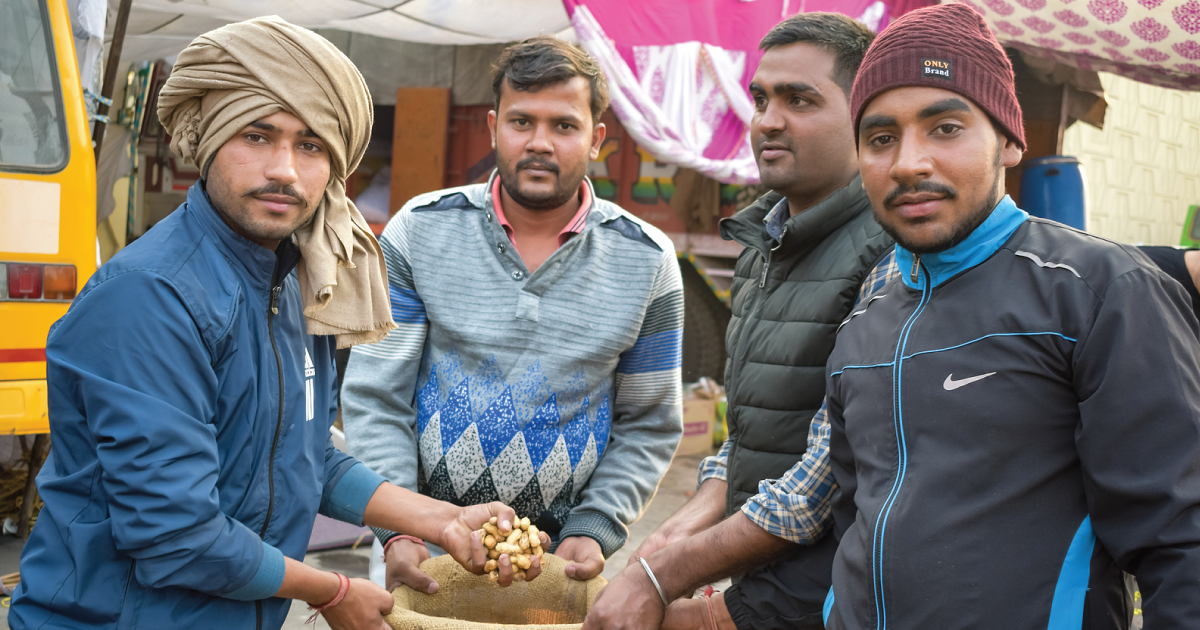
Indian Farmers Defend the Rights of Farmers
On November 19, 2021, India’s Prime Minister Narendra Modi said, “[W]e have decided to repeal all three agricultural laws.” The prime minister was referring to the three agriculture laws that were rushed through the parliament in 2020. During his speech to announce the rollback, Modi told the farmers that they “should return to [their] homes, fields and to [their] families. Let’s make a fresh start.”
November 26, 2021 | Source: CounterPunch | by Vijay Prashad
On November 19, 2021, India’s Prime Minister Narendra Modi said, “[W]e have decided to repeal all three agricultural laws.” The prime minister was referring to the three agriculture laws that were rushed through the parliament in 2020. During his speech to announce the rollback, Modi told the farmers that they “should return to [their] homes, fields and to [their] families. Let’s make a fresh start.” At no point did Modi admit that his government had passed laws that would negatively impact the farmers, who have spent a year protesting the laws thrust upon them.
It seems likely that Modi will not give up on his policies to privatize agriculture, but rather will return to them with different packaging. “Our government has been working in the interest of the farmers and will continue to do so,” he insisted.
Jubilation at the Victory
The idea that Modi’s BJP-led government had been “working in the interest of the farmers” was not apparent to the protesting farmers. To gauge the sentiment of the farmers and their organizations, I interviewed Dr. Ashok Dhawale, the national president of the All India Kisan Sabha—one of the key farmers’ associations—and a leader of the Samyukta Kisan Morcha (SKM)—a United Farmers’ Front. Dhawale told me that Modi’s promise to repeal the three farm laws “is a classic case of too little, too late.” It is “too little” because Modi only accepted one of the farmers’ demands (repealing the laws) and not the slate of other demands, which included the creation of a robust minimum support price (MSP) structure; it is “too late” because during this year-long protest, 700 farmers have lost their lives due to the privations of the protest and government repression.
